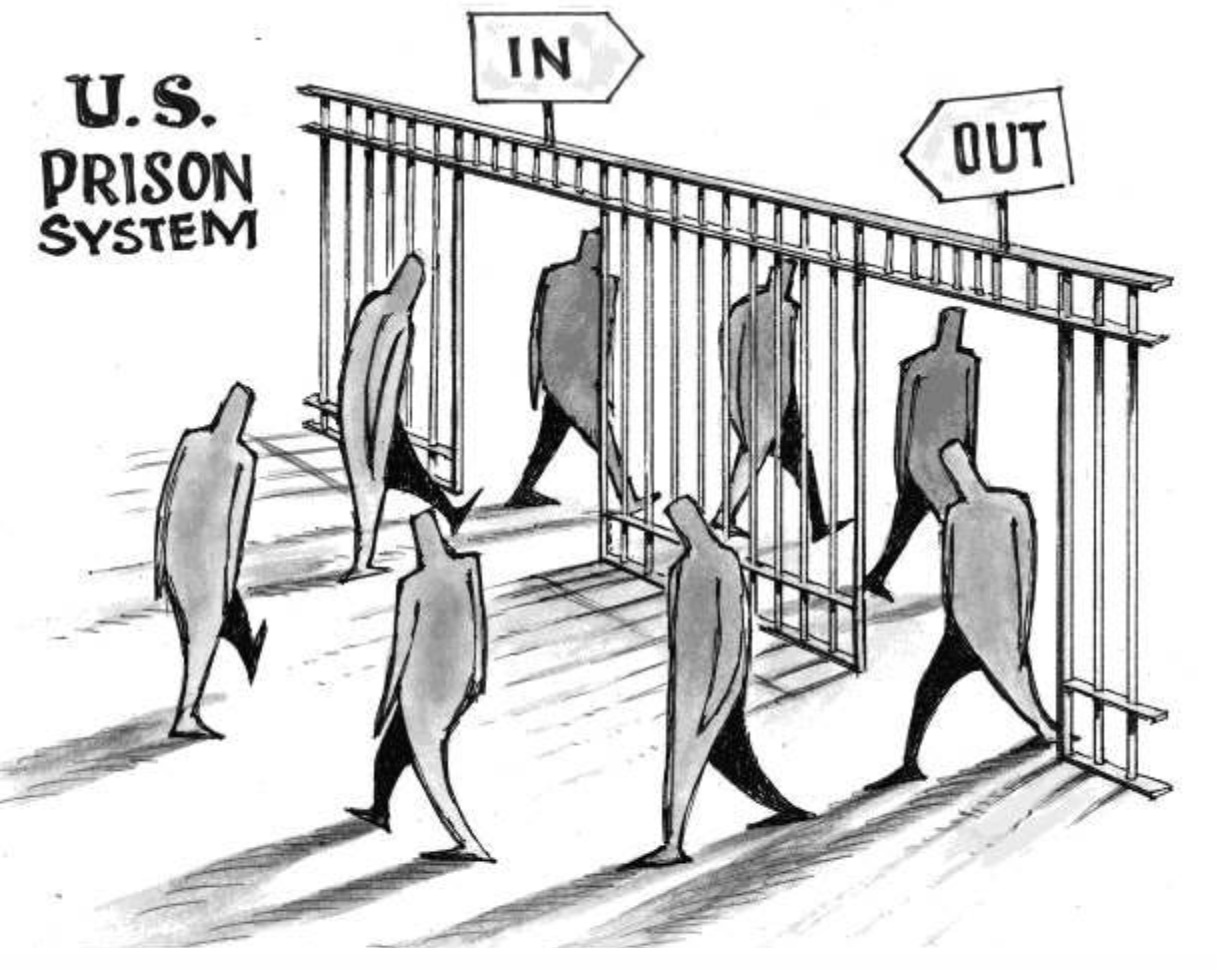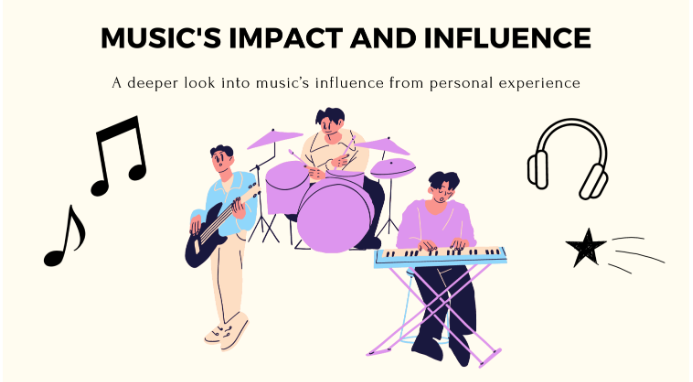Dear Editor,
“American prisons and jails hold over 2.1 million individuals at any given time” (Mosteller). Prison reform should not be delayed any longer as the US is the country that imprisons “the most people as a share of its population” (Buchholz). The purpose of prisons and jails should be to act as an agent of change, with their main objective being the alteration of criminals’ behavior. When prisoners are treated as inhuman, they begin to think of themselves that way. The repulsive food and oppressive atmosphere is debilitating and would be to any average person. Day in and day out doing the same things at the same time slowly chips away at the little sanity they have preserved since being incarcerated. Depending on their sentence, incarcerated individuals won’t be imprisoned forever, and after they serve their time we cannot expect them to be model citizens following isolationist treatment for a number of years. Providing services like therapy, higher education courses, and drug rehabilitation treatments give inmates an opportunity to work through their own problems and keep a goal in mind that they can work towards with all of their free time.
When prisoners are finally released, a lot of them struggle to get by, especially if they have spent a bulk of their life in a penitentiary. Without specified reentry programs to reintegrate former prisoners back into society how do we expect them to become law abiding citizens? According to a 2021 report from the Bureau of Justice Statistics, “[A]bout 66% of persons released from state prisons across 24 states in 2008 were arrested within three years after release, and 82% were arrested within ten years” (US DOJ). Finding work as a felon is extremely difficult, moreso when they were previously unable to pursue higher education. Without a degree or trade skill, it is hard enough to find a job without a criminal record. Lacking a source of steady income encourages more illegal behavior to make ends meet, which restarts this dangerous cycle of being imprisoned and then spit out again. Having some sort of community supervision with a parole officer or a program providing aid with job placement and mentoring are vital in order to lower the recidivism rate in the US.
In addition, the right to vote should not be revoked based solely on a felon label. In the US, “35 states prevent persons on parole from voting and additional 12 states have laws that either permanently ban felons from voting or require significant waiting periods before being eligible to vote again” (Meyers). Those who have been through the prison system are likely the most concerned with the issues pertaining to prison reform. If no one who has actually experienced the inside of a prison is permitted to vote, how do we expect to shape our prisons in a way that is beneficial for not just the community but the inmate as well?
The idea that you are condemned the moment you commit a single wrongdoing is ludicrous. There are no good or bad people because morality is a spectrum. It is up to interpretation to decide whether something is right or wrong, and there are always two different ways to look at a situation. It may be easier to categorize actions as black and white, but it is harder to see the truth: everything is gray. People may not be inherently good or bad, but if they commit a crime that is decidedly unacceptable in society that should not directly equate to being undeserving of basic human rights or treatment as such. If we, the public, consider ourselves more civilized or above those in prison, shouldn’t we be able to see the situation with more human empathy as well as a desire to help them grow and make the best out of life? We are all human, and none of us are infallible.
Sincerely,
Aryana Tasharofi
Works Cited:
Buchholz, Katharina. “Infographic: The Countries Imprisoning the Most People.” Statista Daily Data, Statistica, 2 Sept. 2019, www.statista.com/chart/19212/the-countries-imprisoning-the-most-people/.
Granlund, Dave. “US Prison System.” Dave Granlund Cartoons, Jul 2012, https://www.davegranlund.com/cartoons/2012/07/24/us-prison-system/.
Meyers, Lisa. “The Difficulties of Rejoining Society after a Felony Conviction.” Northwest Career College, 11 Mar. 2024, www.northwestcareercollege.edu/blog/the-difficulties-of-rejoining-society-after-a-felony-conviction/#:~:text=Not%20having%20a%20job%20leads%20to%20a%20huge,to%20illegal%20activities%20in%20order%20to%20make%20money.
Mosteller, Jeremiah. “Why Reentry Programs Are Important.” HOPE for Prisoners, 13 Dec. 2018, hopeforprisoners.org/why-reentry-programs-are-important/#:~:text=Successful%20reentry%20programs%20give%20former%20offenders%20opportunities%20to,productive%20work%2C%20reducing%20recidivism%20and%20improving%20public%20safety.
“Reentry.” Office of Justice Programs, US Department of Justice, 11 Apr. 2024, www.ojp.gov/feature/reentry/overview.

 Chords of Our Story: How Music Impacts Our Lives
Chords of Our Story: How Music Impacts Our Lives